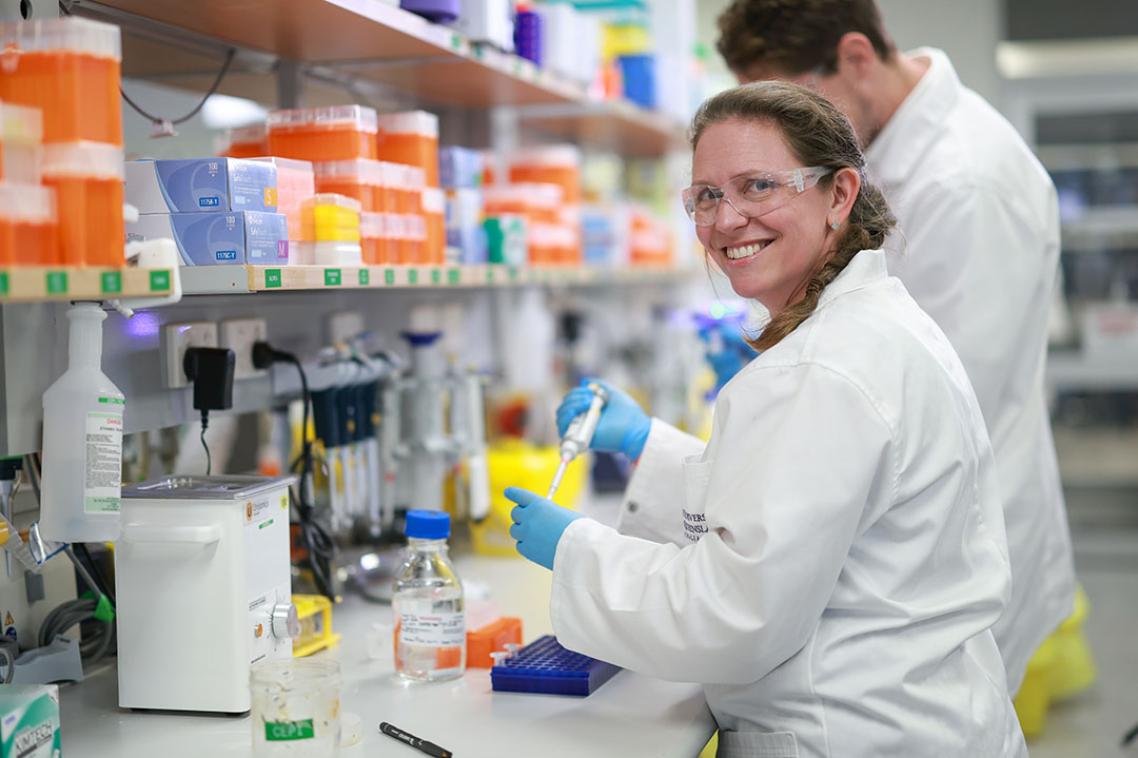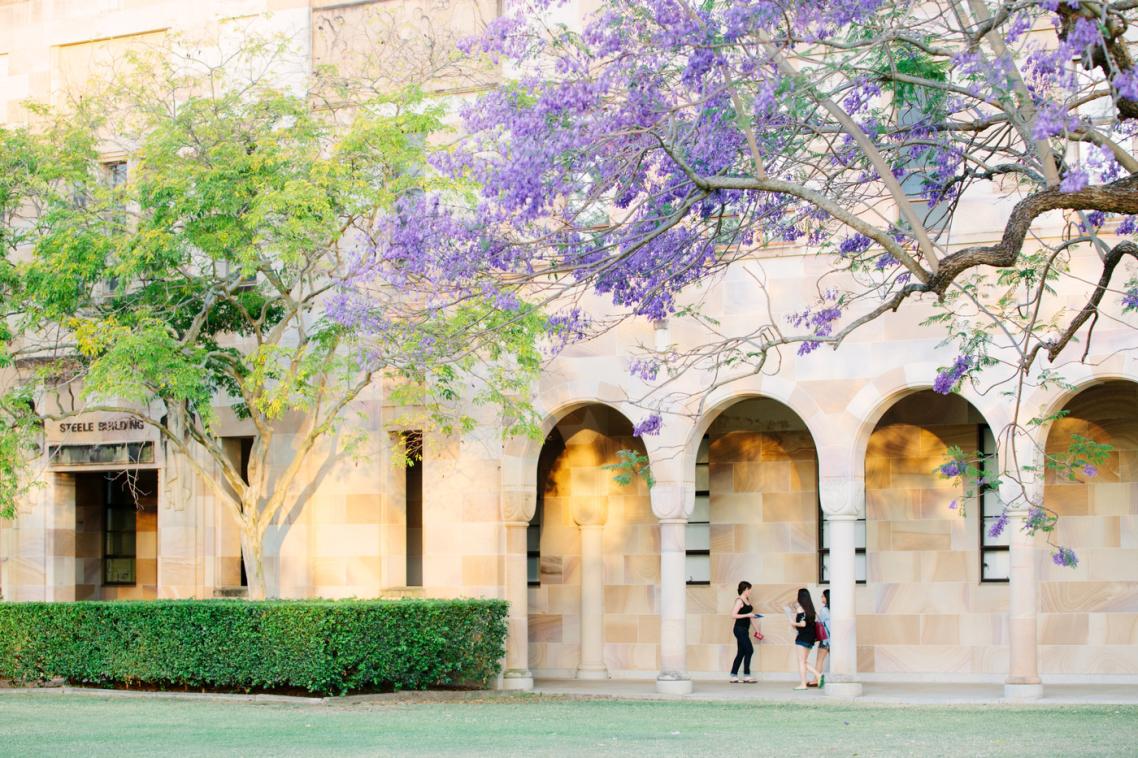Thesis examines role of school chaplaincy
A recent University of Queensland PhD study has found that chaplains in Queensland state schools provide a unique and much-needed support role ensuring school communities are equipped to deal with the `big` or `soul` issues facing young people today.
Dr Judy Salecich said more than 110 Queensland schools now had paid chaplains who were offering pastoral care to young people in the state education system.
The thesis, Chaplaincy in Queensland State Schools: An Investigation, is an in-depth study of this contemporary social and religious phenomenon that arose as a grassroots movement in Queensland in the late 1980s.
“Unlike school-based nurses, chaplains are not appointed or paid by the State,” she said. “Chaplaincy is about community development — local people identifying the needs of young people and families in their community and mobilizing community resources to meet these needs.”
Dr Salecich said that many school principals wanted a chaplain: “It`s like another string to a big bow, one school administrator told me. It is common for private schools to have paid chaplains, but chaplaincy services are now mushrooming in state schools as communities try to redress the lack of spiritual guidance and practical support available to young people in our schools,” she said.
“Teenagers have a lot of questions, such as Who am I? and Where am I going? and they want someone to give them some answers. Modern society suffers from a lack of God-consciousness and chaplaincy is one way in which communities are trying to redress that, to bring a reality of God closer to young people. A chaplain does this by building relationships with people and modelling his or her Christian faith in the school context.”
Chaplaincy services are established and overseen by local chaplaincy committees comprising representatives of school communities and local churches, and the majority of the chaplains are employed by the interdenominational Christian organisation Scripture Union Queensland.
Dr Salecich gathered data from four Brisbane and five non-metropolitan schools that have chaplains, surveyed all chaplains employed by SU Queensland and conducted student focus groups as part of her study.
She said the thesis was significant in that it contributed to knowledge and understanding about the topic, informsed policy-makers, validated the worth of chaplaincy in state schools and informed stakeholders and practitioners.
One examiner described it as: “a powerful study that illustrates the resilience of religion in Queensland - at a time when churches appear to be `in retreat` and losing ground in the community.”
Dr Salecich has self-published the thesis in paperback form and set up a website at www.chaplaincyinschools.com
Media: For more information, contact Dr Salecich at 07 4928 7672 (AH) or 0417 194 504, or Jan King at UQ Communications on 3365 1130.
Related articles

Billion-dollar deal takes UQ vaccine tech to the world

UQ researchers top nation for ARC Industry Fellowships
Media contact
UQ Communications
communications@uq.edu.au
+61 429 056 139
